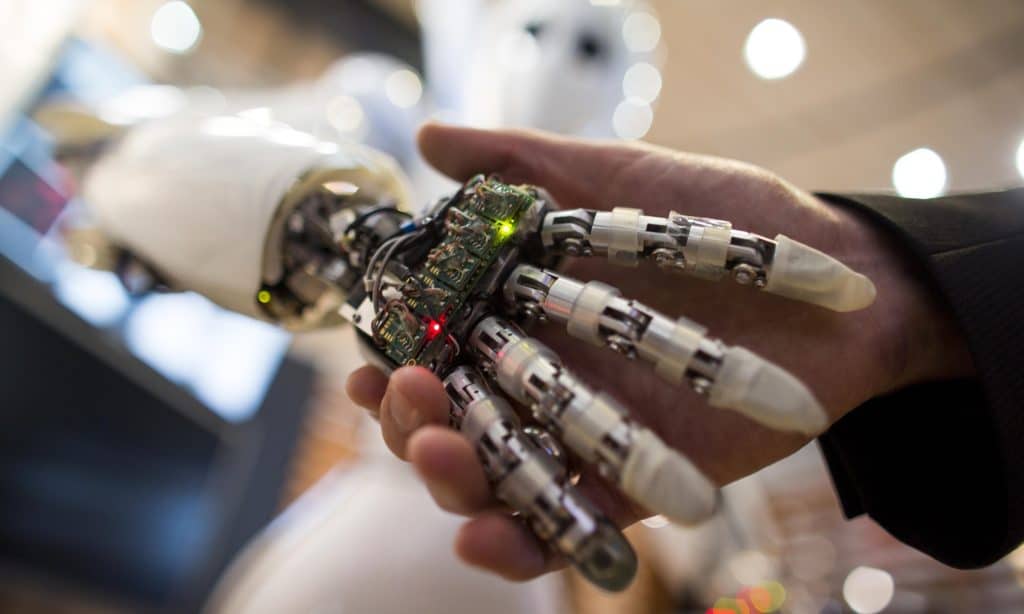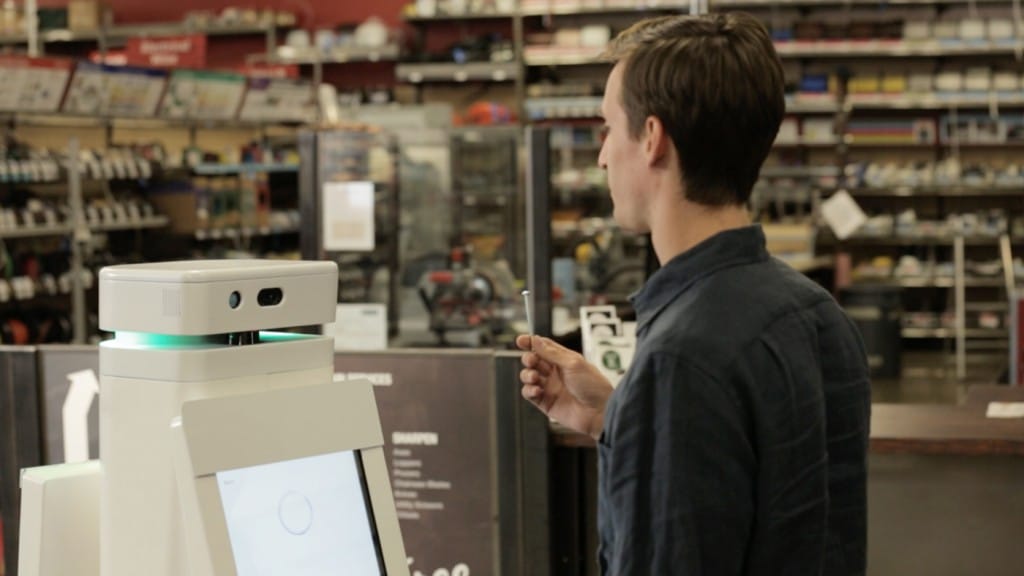When most people think of artificial intelligence (AI), they tend to think of Hollywood’s depiction of this scientific advancement — rebellious robots bent on world domination.
A few others may think of friendly human-like robot maids, and then even fewer think of their digital opponents in video games or thermostats that automatically adjust the temperature of their home.
The latter is the most accurate depiction.
Of course, you might not think that after hearing world-renowned physicist and cosmologist Stephen Hawking and SpaceX and Tesla Motors CEO Elon Musk explain their fears of artificial intelligence.
Musk has even donated roughly $10 million to causes aimed at keeping artificial intelligence safe and “beneficial.”
According to experts who actually spend much of their time working with AI, however, there is actually nothing to be afraid of.
When it comes down to it, they say, AI isn’t as smart as Hollywood may lead you to believe.
“The AI community as a whole is a long way from building anything that could be a concern to the general public,” said Dileep George, the co-founder of a prominent AI firm, Vicarious, according to Popular Science.
The director of AI research at Facebook, Yann LeCun, added that even with the many advancements that have been made with AI in recent years, giving human-like intelligence to machines has not even been remotely possible.
For that reason, many scientists who are familiar with current AI research are not fearful that their work will one day wipe humans off the face of the earth.
“What people in my field do worry about is the fear-mongering that is happening,” Yoshua Bengio, head of the Machine Learning Laboratory at the University of Montreal, told Popular Science. “There are crazy people out there who believe these claims of extreme danger to humanity. They might take people like us as targets.”
Bengio is just hoping that those fears won’t start driving away investors and ultimately start slashing away at how much funding researchers are able to obtain in order to continue making developments to AI.
Of course, not every AI fear seems to be quite as irrational as evil robots.
There are also concerns about what the future of AI means for blue-collar jobs.
Many large retailers, like Lowes, have recently started rolling out robotic sales associates.
While these robots are nowhere near close to eliminating the need for human assistance in the hardware store, it was certainly an eye-opener for just how far AI has come.
China-based company Hon Hai, the world’s largest contract electronics manufacturer, recently announced that over the next three years it will plan to fire roughly 500,000 workers and replace them with robots who will be able to complete similar tasks and work for free.
This could cause a major spike in unemployment rates, especially for Americans who rely on blue-collar jobs.
“AIs will cause significant unemployment, but that doesn’t equate with poverty,” Neil Jacobstein, the head of AI at Singularity University, told the BBC.
As AI grows, other related tech jobs will grow as well. So what this means is that there actually could be more jobs becoming available, but they would require highly intelligent people with extensive backgrounds in tech and engineering, which could ultimately mean the average “working man” could be out of a job.
Another fear that has been expressed is about AI getting in the wrong hands.
James Barrat, an author and documentarian, explained that AI could be extremely dangerous if the person on the back end has ill intentions.
“Advanced AI is a dual-use technology, like nuclear fission,” Barrat told the BBC. “Fission can illuminate cities or incinerate them. At advanced levels, AI will be even more volatile and dangerous than fission, and it’s already being weaponized in autonomous drones and battlefield robots.”
So according to Barrat, the fear is not about the technology itself, but the person behind it.
Either way, AI is quickly growing and contributing to many new beneficial technologies. Moving forward, however, it will be key that the ethics and regulations regarding AI continue to expand just as quickly as the technology itself.


